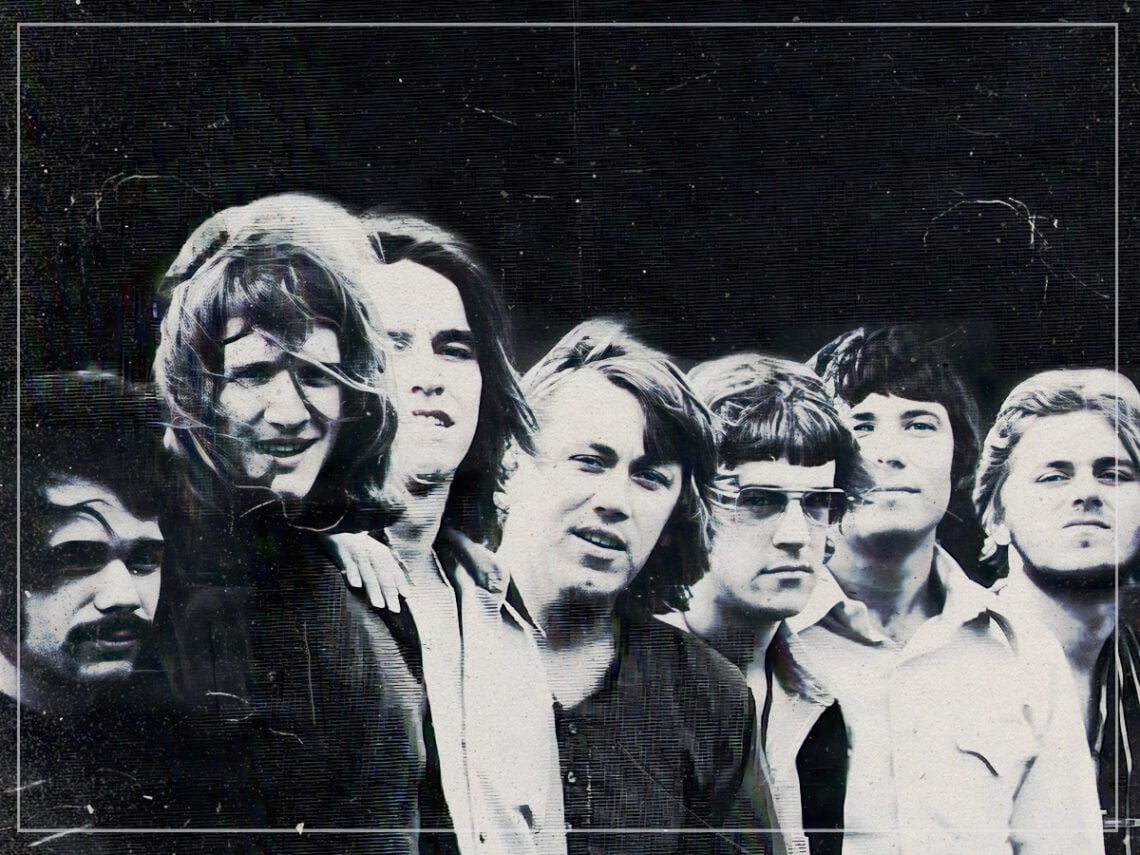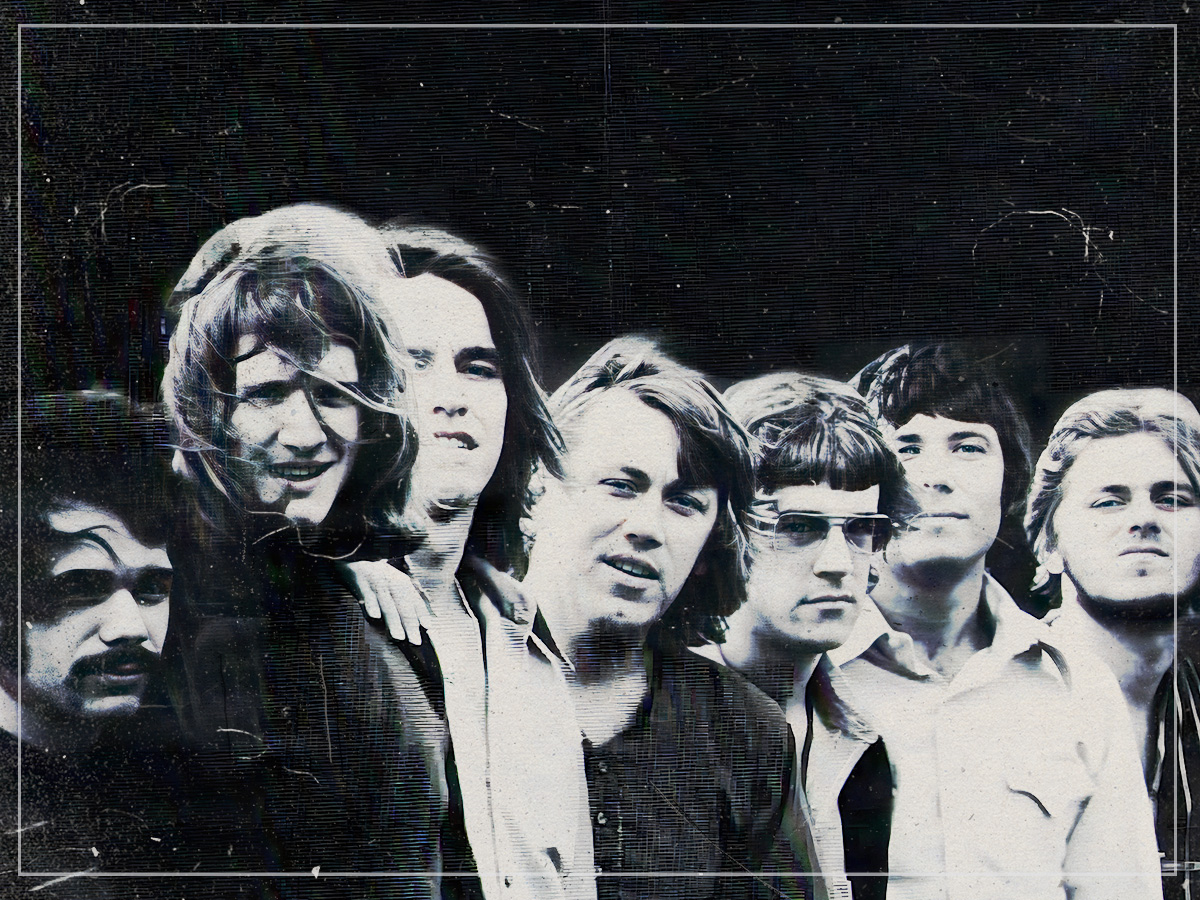
(Credits: Far Out / Columbia Records)
Wed 8 October 2025 22:00, UK
After releasing a ridiculous five consecutive number one albums between 1972 and 1975, the world’s least punky band, Chicago, was going through its first difficult period by the early winter of 1978.
That January, one of the band’s founding and pivotal members, singer/guitarist Terry Kath, had accidentally shot himself in the head while playing around with a gun, ending his life at just 31 and putting Chicago’s future in serious doubt.
By this point, there was already some criticism that the group was creatively stagnating a bit, and their previous two records, Chicago X and Chicago XI, had both fallen shy of the band’s earlier chart performances. Rather than break up or call for a hiatus, though, the surviving Chicagoans decided to quickly forge ahead, holding a casting call for a new guitarist.
They found their man in 26-year-old Donnie Dacus, a session player who’d worked with Stephen Stills and Boz Scaggs and, perhaps more importantly, was set to make his feature film acting debut in the highly anticipated screen adaptation of the musical Hair, playing Woof Dachshund.
“When I walked in, these guys treated me like they’d known me for 20 years,” Dacus told the Associated Press in April 1978, “They made it very easy for me to do what I do best”. Horn player Lee Loughnane went so far as to sort of find a bizarre silver lining in Terry Kath’s horrific death. “This tragic thing, Terry’s death,” he said, “sort of precipitated a change that we’d been feeling for the last two albums”.
“The new album is going to be great,” added drummer Danny Seraphine.
When Hot Streets arrived in October 1978, just nine months after Kath’s death, it wasn’t exactly a Back in Black sort of sound or sentiment. It certainly did seem like Chicago was looking to turn the page on the tragedy and regain some cultural relevance at the same time. While it would later slot into the discography as the 12th Chicago, they temporarily broke with the numbered album tradition on this LP. They were also pushing Dacus forward as a new, exciting, younger element in their sound, both as a guitarist and vocalist, but it didn’t quite work.
In the end, Dacus would only record two albums with Chicago, and Hot Streets—despite certainly qualifying as a commercial success—was the band’s lowest charting album yet, failing to reach the US Top Ten.
One polarising choice on Hot Streets was the band’s collaboration with the disco kings of the moment, the Bee Gees, who sing some fairly unnecessary background vocals on the Peter Cetera-fronted track ‘Little Miss Lovin’. To be fair, Chicago hadn’t made a desperate plea for the Gibb brothers to add some zeitgeist plumage to their record; the Bee Gees were simply recording their own new album next door in the same Miami studio. Still, not everybody enjoyed the crossover, which also included members of Chicago’s horn section guesting on the Bee Gees’ ‘Too Much Heaven’.
Dacus’ departure and the return of the numbering system, Arabic or Roman, suggested the band might have seen Hot Streets as a minor misstep, as well. However, subsequent efforts rarely proved more successful, as the band only cracked the Top Five one final time with 1984’s Chicago 17, once again titled in the Arabic system.
Related Topics
